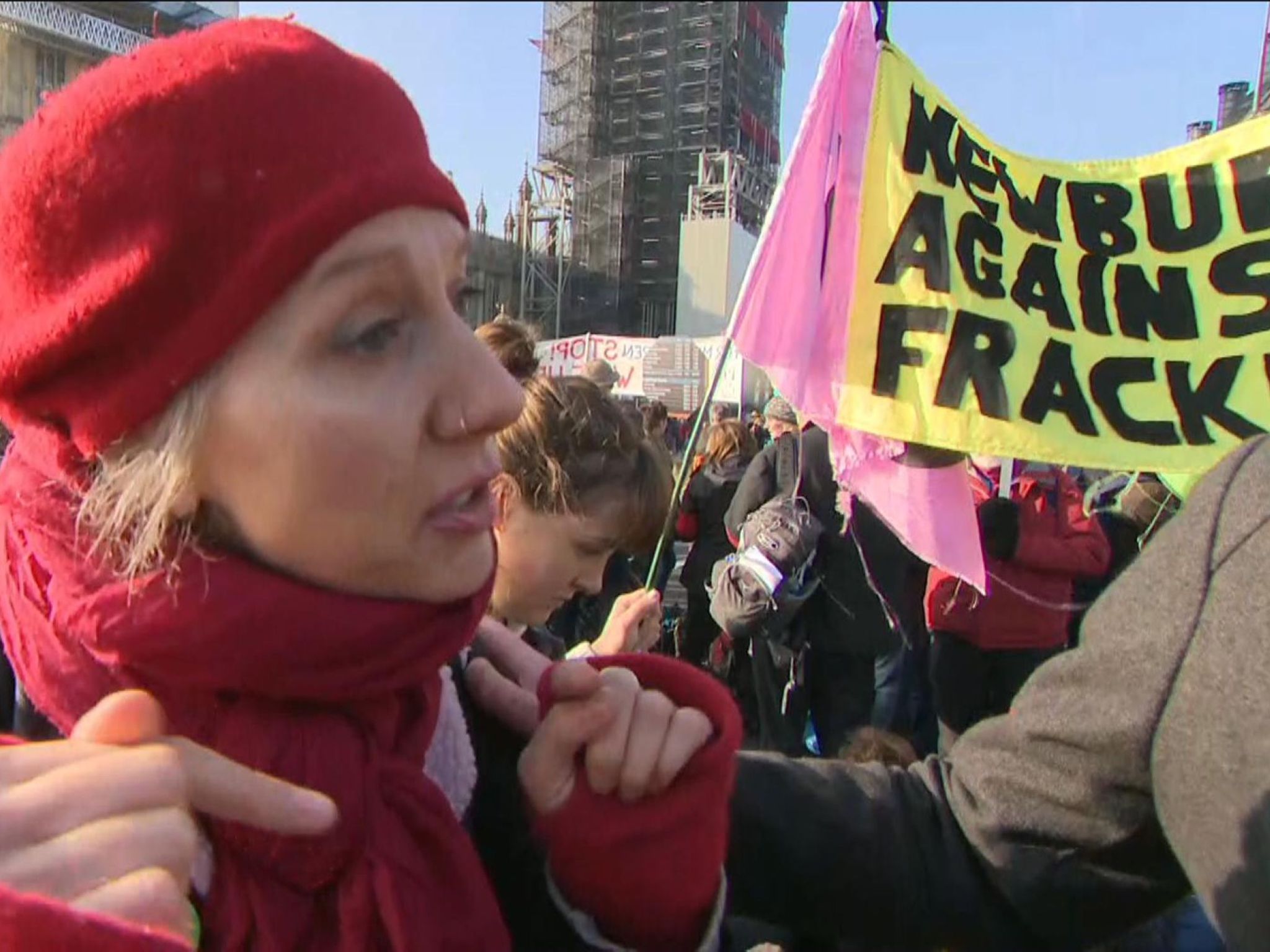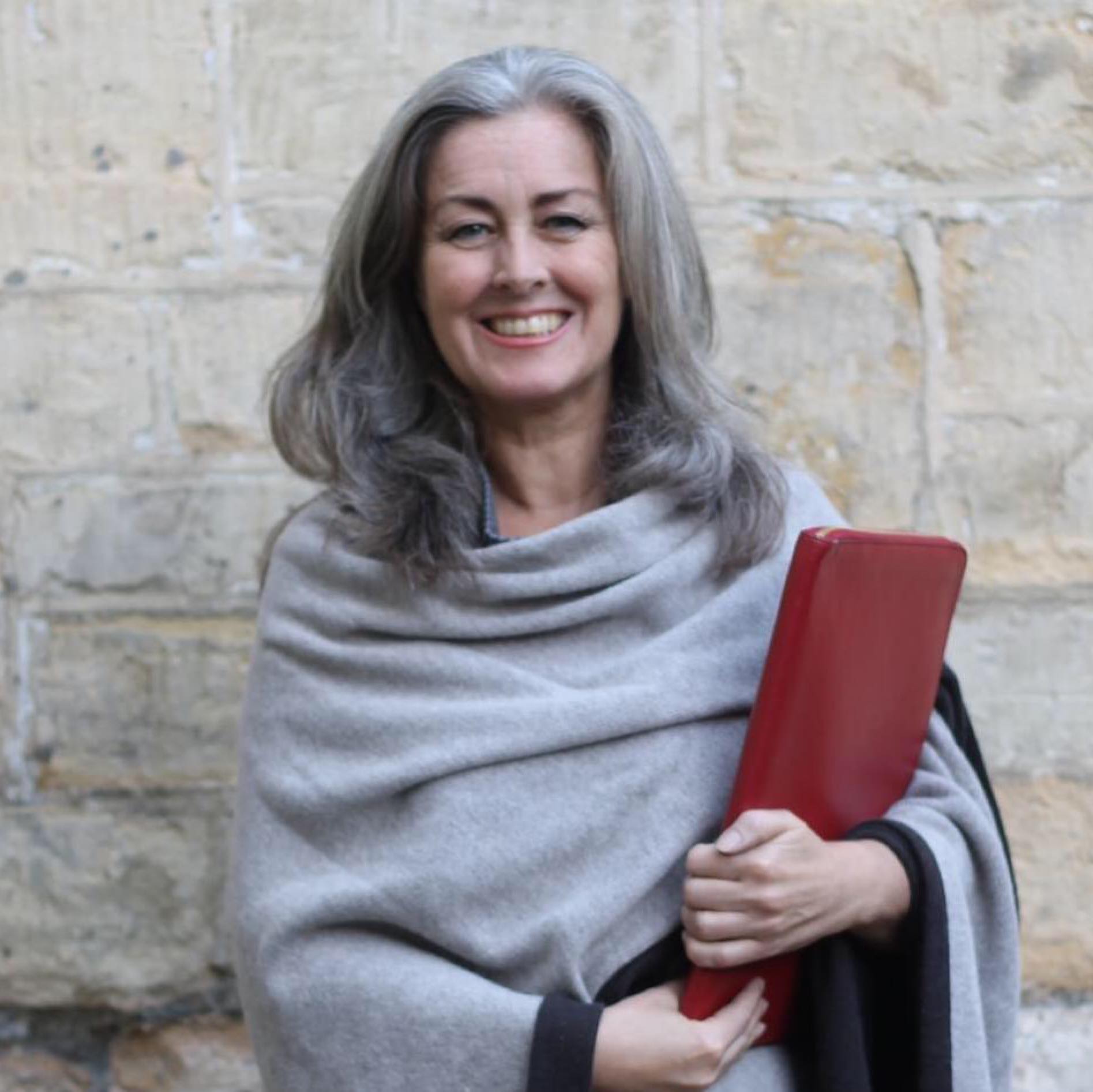2 transforming podcasts: Gail Bradbrook of Extinction Rebellion, & eco-rights laywer Polly Higgins
As the social innovation community struggles to move from theory to practice in this time of climate emergency (see our earlier Editorial on this), two podcasts get very real about action.
In the first, Daniel Thorson interviews Gail Bradbrook, a founding member of Extinction Rebellion (blogged here) on his constantly ground-breaking podcast Emerge.
In the second, Amisha Ghadiali interviews Polly Higgins, founder of Mission Life Force on her constantly depth-mining podcast The Future is Beautiful.
Both Polly and Gail are working from Stroud, a small town in the centre of Gloucestershire, England. Both describe it as a natural incubator for ecological movements coming out of Transition Towns and holistic, spiritual practices. Yet both do their vital work on the understanding that “time has run out”.
It is no longer acceptable to talk about what we might do in the indeterminate future to save the planet. We are long overdue in taking appropriate action and hence, must act immediately. And both are ready to shock people out of any complacency they might have around the extreme climate difficulties we have ourselves engineered – what Gail describes as ‘presencing the reality of the anthropocene’ - in order to get them to stand up and demand new action at every level.
Gail describes her journey from childhood (always knowing something was ‘wrong’), taking part in the movement for tax justice as a young adult, engaging with mass civil disobedience and then Occupy. But - in her words - “failing a lot”. She describes her own personal awakening on retreat ( for more on this, also watch for Stephen Reid’s interview with Gail in January next year) which ‘re-wired her brain’ and gave her a clear pursuit: to “find the codes for social change”.
Then Roger Hallam, PhD researcher on civil movements and co-founder of ER contacted her out of the blue. When he shared with her the practice of Conditional Commitment – where people pair up to take action - she felt this was what she was looking for. From there, they co-founded the organisation Rising Up which ‘gave birth’ to the movement Extinction Rebellion.
Drawing on the learnings of the US forerunner Earth First, Gail describes movements as actions of the heart, not the intellect. Despite having a scientific background herself, ER is not driven by facts and predictions. “It’s more like, your kids are going to die”.
On her continuing journey, Gail calls out a lot of potential stumbling blocks, many of them around the failure to do the inner work alongside the outer actions. Activism can be self-righteous, drawing attention to itself as a superior way of being, cool for being different. “But this is not about Me, now, it’s about being a worthy ancestor – a steward of the future”.
Equally she warns about the commodification of self-development - the “therapy-industrial complex”. And the dangers of hopium – hope as a pacifier of frustration. It sounds tough, but these are the markers along the way to truly stepping up, from “childish steps” to adult commitments.
And what could be more adult that British barrister Polly Higgins’ plan to pass an international law to criminalise ecocide? With this law, environmentally destructive behaviour – individual, social, corporate or governmental – would become a crime. CEOs and politicians would become criminally responsible.
In the second podcast, Polly describes her life journey and coming to purpose in similar language to Gail. Going beyond singular policies that address disconnected outcomes, but “searching for the legal code” which describes our ‘duty of care’ to protect the Earth”. Working on the ‘social license’ for radically stricter rules of behaviour for business and government.
Like Gail, her emotions also draw on fierce, mothering principles: “like the abuse of a child, how can the destruction of the planet be allowed to continue?” Her call to step change is uncompromising: “cutting carbon incrementally is like allowing a bit less genocide”. But this clarity also brings power: “if you care about your child, you can move mountains”.
And strategy. “The people suffering the most, are the ones doing the least harm”. The 57 ‘climate vulnerable’ Small Island Developing States (SIDS) are preparing to take their case to the International Criminal Court. Because of the ICC’s one state, one vote structure they have the ‘collective signatory power to process it fast’.
However, as small states they barely have the resources to travel and take part in the necessary procedures. Mission for Life is Polly’s fundraising body to facilitate their journey. Although the protocols only describe a two-year process from proposal to implementation, there is no knowing how difficult many obstacles will stand in the way. Mission for Life is there to ensure the 57 can keep going, building the movement of nations to protect the planet.
Listening to both Polly and Gail, you get a profound sense of a deep connectedness to life. They don’t separate their own struggle to continually self-improve – fail better – from the results they are trying to achieve. Polly calls it the battle with internal eco-side, the self-destructiveness, the part of you that says you can’t win.


